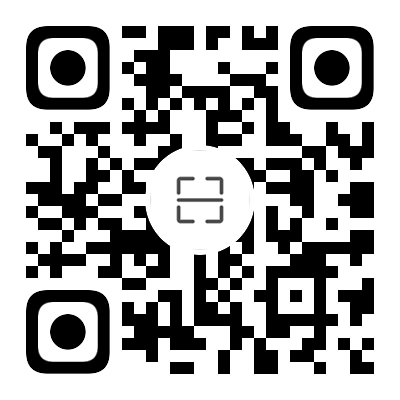Introduction: Being blocked by someone online can be a frustrating experience, especially if you rely on online communication for work or personal relationships. Whether it's on social media platforms, messaging apps, or email, getting blocked can feel like hitting a dead end. However, there are ways to recover from being blocked and possibly mend the relationship with the person who blocked you. In this comprehensive guide, we'll explore the various scenarios of being blocked online and provide actionable steps on how to resolve them. From understanding why you were blocked to implementing strategies for reconciliation, this article covers everything you need to know about lifting online blocks.

Online blocking, also known as being "blacklisted" or "blocked," occurs when someone intentionally restricts your access to communicate with them on digital platforms. This action can stem from various reasons, including personal conflicts, spam prevention, or privacy concerns. Understanding the motives behind online blocking is crucial for devising an effective strategy to resolve the situation.
There are several reasons why someone might choose to block another person online. Personal conflicts often lead to blocking, where individuals decide to cut off communication due to disagreements, misunderstandings, or hurt feelings. In some cases, privacy concerns prompt individuals to block others to maintain control over their online interactions and protect their personal information. Additionally, spam or harassment can prompt people to block others as a means of self-defense against unwanted or abusive messages.
Understanding the specific reason behind being blocked is essential for determining the appropriate course of action. While some blocks may be temporary and easily resolved through communication, others may require more effort to address underlying issues.
Recovering from being blocked online involves a combination of introspection, communication, and respect for boundaries. Depending on the severity of the situation and the nature of the relationship, the process of recovery may vary.
Before attempting to resolve the situation, it's essential to reflect on your actions and consider why you were blocked in the first place. Acceptance of responsibility for any mistakes or misunderstandings can demonstrate maturity and sincerity, laying the foundation for reconciliation. Take the time to analyze the events leading up to the block and identify areas where you may have contributed to the conflict.
Additionally, acknowledge the other person's perspective and validate their feelings, even if you disagree with their decision to block you. Demonstrating empathy and understanding can pave the way for productive communication and resolution.
Once you've gained clarity on the situation and processed your emotions, it's time to initiate open and honest communication with the person who blocked you. Depending on the platform and the extent of the block, this communication may take different forms, such as direct messages, emails, or in-person conversations.
When reaching out, express your sincerity and willingness to address any concerns or resolve any misunderstandings that may have led to the block. Avoid placing blame or becoming defensive; instead, focus on listening actively to the other person's perspective and finding common ground for reconciliation.
While communication is essential for resolving conflicts, it's equally important to respect the other person's boundaries and acknowledge their autonomy. If the person chooses not to engage with you or maintain the block, accept their decision gracefully and avoid any attempt to coerce or manipulate them into reversing their decision.
Remember that reconciliation requires mutual consent and willingness from both parties. Respecting the other person's boundaries demonstrates respect for their autonomy and emphasizes your commitment to healthy and respectful relationships.
The editor says: Recovering from being blocked online can be a challenging process that requires patience, empathy, and effective communication. By understanding the reasons behind online blocking, engaging in self-reflection, and respecting boundaries, individuals can take proactive steps towards resolving conflicts and rebuilding relationships. Remember that reconciliation may not always be possible, and it's essential to prioritize mutual respect and emotional well-being throughout the process.
版权声明:本文为 “爱上海” 原创文章,转载请附上原文出处链接及本声明;

工作时间:8:00-18:00
客服电话
400-000-1111
电子邮件
扫码二维码
获取最新动态
